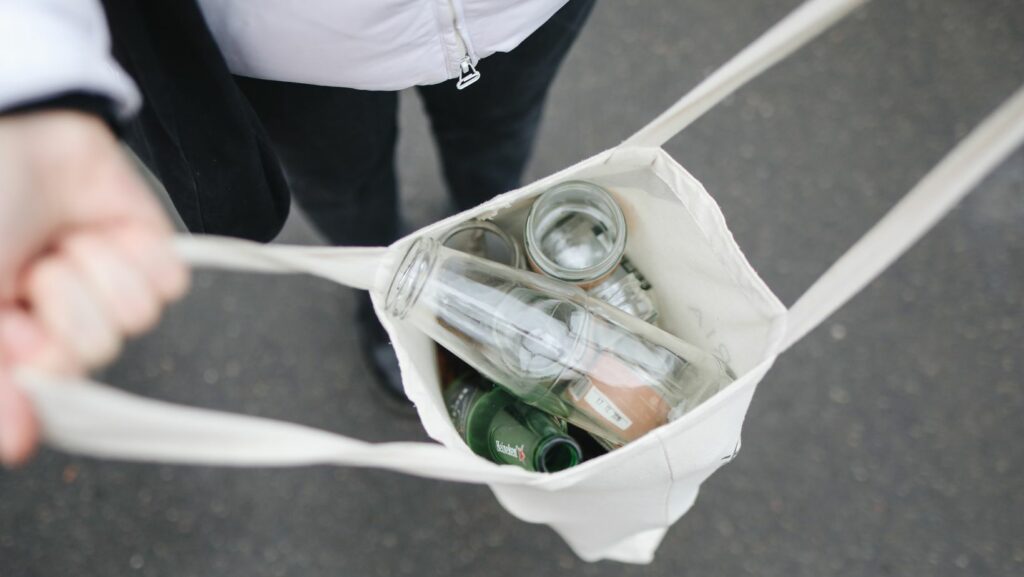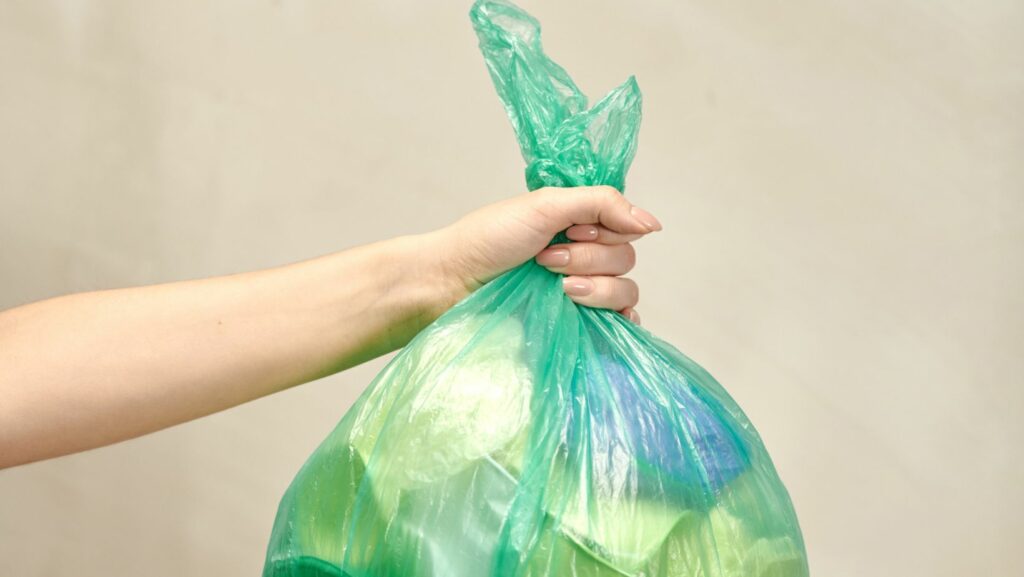Living a zero waste lifestyle has become a growing trend in today’s environmentally conscious world. It’s all about reducing waste and minimizing our impact on the planet.

From reusable shopping bags to composting food scraps, every small change can make a big difference. Embracing a zero waste lifestyle isn’t just about the environment; it’s also about simplifying our lives and focusing on what truly matters. By being mindful of our consumption habits and opting for sustainable alternatives, we can work towards a more sustainable future for generations to come.
Zero Waste Lifestyle
What Is Zero Waste?

Zero waste is a lifestyle that aims to minimize the amount of waste one generates by following sustainable practices such as reducing, reusing, and recycling materials. It involves making conscious choices to eliminate trash and avoid items that end up in landfills or incinerators.
The zero waste lifestyle is crucial in combating the escalating environmental issues caused by excessive waste production. By adopting this approach, individuals can significantly reduce their ecological footprint and contribute to the preservation of natural resources for future generations.
Challenges of Living Zero Waste
Living a zero waste lifestyle presents several challenges that individuals may encounter on their journey to reduce waste generation.
Common Obstacles
- Limited availability of package-free products in mainstream stores can make it challenging to find sustainable alternatives.
- Convenience culture and fast-paced lifestyles often conflict with the time and effort required for zero waste practices.
- Social norms and pressures may hinder individuals from fully committing to zero waste due to fear of judgment or exclusion.
- Initial costs associated with purchasing reusable items or eco-friendly alternatives could be a barrier for some individuals.
- Lack of awareness or information about proper recycling techniques and sustainable choices may impede progress towards zero waste goals.
- Misconception: Zero waste living is expensive and only accessible to privileged individuals.
Reality: While some zero waste products may have higher upfront costs, overall, adopting a zero waste lifestyle can lead to long-term financial savings through reduced consumption and waste. - Misconception: Zero waste requires drastic lifestyle changes that are difficult to sustain.
Reality: Integrating small, manageable changes gradually can make transitioning to a zero waste lifestyle more sustainable and achievable. - Misconception: Zero waste means producing absolutely zero waste.
Reality: The term “zero waste” aims at reducing waste as much as possible and prioritizing sustainable practices, recognizing that complete elimination of waste may not be feasible in all circumstances.
Practical Tips for Starting a Zero Waste Lifestyle
Transitioning to a zero waste lifestyle can seem daunting, but with practical tips and small adjustments, anyone can make a meaningful difference. Here are some actionable steps to kickstart your journey towards reducing waste.
Reducing Household Waste
- Compost Organic Waste: Start composting kitchen scraps like fruit and vegetable peels to minimize landfill waste and create nutrient-rich soil for plants.
- Ditch Single-Use Plastics: Replace single-use items like plastic bags, straws, and utensils with reusable alternatives such as cloth bags, metal straws, and bamboo utensils.
- Go Paperless: Opt for digital subscriptions, e-bills, and online communication to reduce paper usage and minimize waste.
- Repair and Repurpose: Instead of discarding broken items, learn basic repair skills or repurpose them into something new to extend their lifespan.

- Shop in Bulk: Purchase items like grains, spices, and snacks from bulk bins using your reusable containers to avoid packaging waste.
- Choose Secondhand: Explore thrift stores, garage sales, and online platforms for gently used goods to give them a new life and reduce demand for new products.
- Support Local and Sustainable Brands: Opt for products from local artisans or companies committed to sustainable practices and ethical production.
- Buy Only What You Need: Plan your purchases, create shopping lists, and avoid impulsive buying to minimize excess items that might end up as waste.
By incorporating these practical tips into your daily routine, you can take significant steps towards embracing a zero waste lifestyle and contributing to a greener, more sustainable future.